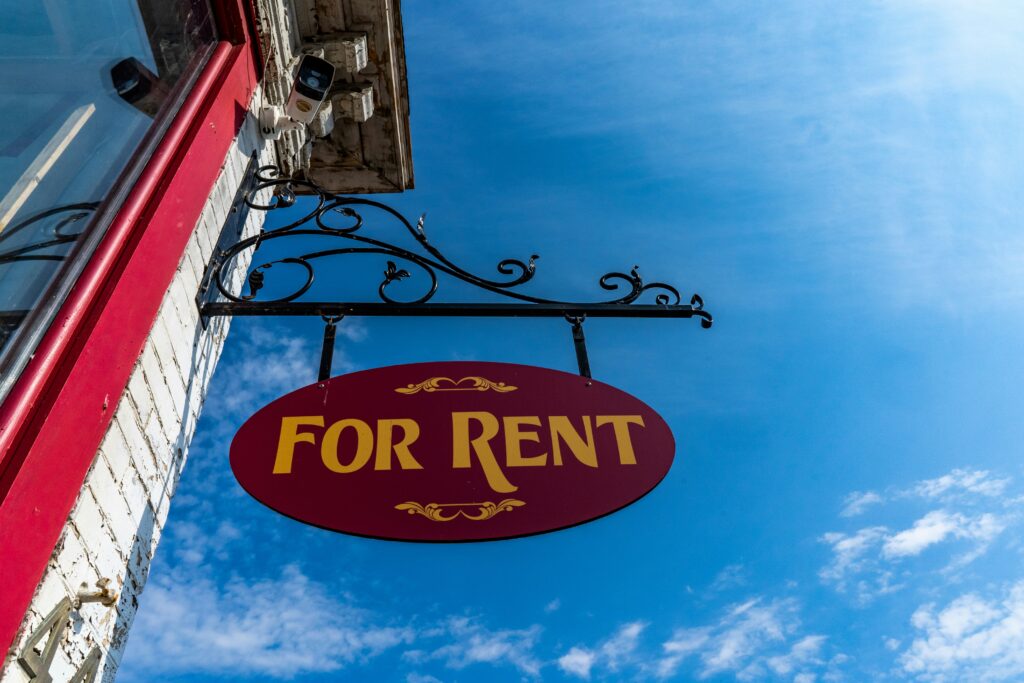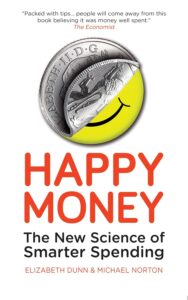Deciding Whether to Rent or Buy: A Detailed Analysis

Are you at the crossroads of deciding whether to rent or buy a home? This age-old question has perplexed many prospective homeowners for generations. With the real estate market constantly fluctuating and personal financial situations varying, determining the best course of action can be challenging. But fear not, as we delve into the intricacies of this decision with a detailed analysis that incorporates the latest tools and considerations.
1. Renting vs. Buying: Which Calculator Should You Use?
When it comes to making such a significant financial decision, having the right tools at your disposal is crucial. Enter the rent vs. buy calculator. But with so many options available online, how do you know which one to trust? And what factors should these calculators take into account to provide accurate results?
Understanding the Basics: Renting and Buying Calculators Explained
Renting and buying calculators serve as valuable resources for individuals contemplating their housing options. These tools typically consider various financial aspects, including monthly rent or mortgage payments, property taxes, interest rates, closing costs, and potential home equity accumulation.
Key Considerations When Using a Rent vs. Buy Calculator
Before plugging in your numbers, it's essential to understand what factors influence the outcome of these calculators. Factors such as your credit score, mortgage rates, property taxes, and even the duration you plan to stay in the home can significantly impact the results. Additionally, consider whether the calculator you choose accounts for inflation, housing market trends, and potential tax deductions.
2. Deciding Whether to Rent: Factors to Consider
Renting offers flexibility and minimal responsibility compared to homeownership, but is it always the best option? Let's explore the factors that make renting an attractive choice for some individuals.
Short-Term Flexibility: The Appeal of Renting
For those who prioritize flexibility and mobility, renting often presents an appealing option. Renters can easily relocate for job opportunities or lifestyle changes without the hassle of selling a property. Additionally, renting eliminates the burden of property maintenance and unexpected repair costs, which can be a significant relief for those with busy lifestyles.
Financial Considerations: When Renting Makes Sense
In some cases, renting can be financially advantageous, especially in regions with high property prices and volatile real estate markets. Renters may benefit from lower upfront costs, such as security deposits, and avoid the long-term financial commitments associated with homeownership, such as property taxes, mortgage payments, and maintenance expenses.
3. The Case for Buying: Long-Term Benefits and Equity Accumulation
While renting offers flexibility, homeownership comes with its own set of advantages, particularly concerning long-term financial stability and wealth accumulation. Let's explore why buying a home may be the right choice for you.
Building Equity: The Power of Homeownership
One of the most significant benefits of buying a home is the opportunity to build equity over time. Unlike renting, where monthly payments contribute solely to the landlord's income, homeownership allows individuals to invest in their future by accumulating equity with each mortgage payment. This equity can serve as a valuable asset and provide financial security during retirement or unexpected financial hardships.
Tax Advantages: Leveraging Deductions and Savings
Another compelling reason to consider buying a home is the potential for tax advantages and savings. Homeowners may benefit from tax deductions on mortgage interest payments, property taxes, and certain closing costs. These deductions can result in significant savings, particularly for individuals in higher tax brackets.
4. Taking the Next Step: Are You Ready to Buy?
After weighing the pros and cons of renting versus buying, you may find yourself ready to take the next step towards homeownership. But before you dive into the housing market headfirst, consider these essential factors.
Financial Preparedness: Assessing Your Readiness to Buy
Before purchasing a home, it's crucial to assess your financial preparedness. Evaluate your credit score, savings, and debt-to-income ratio to determine if you qualify for a mortgage and afford homeownership comfortably. Additionally, consider the stability of your income and employment status, as lenders often require proof of steady income before approving a loan.
Market Conditions: Timing Your Purchase Wisely
Timing is everything in the real estate market. Pay close attention to market trends, interest rates, and housing inventory levels to identify the optimal time to buy. In a buyer's market, where housing supply exceeds demand, you may find better deals and negotiating power. Conversely, in a seller's market, where demand outpaces supply, be prepared to act quickly and competitively.
Conclusion: Making an Informed Decision
In conclusion, the decision to rent or buy a home is a significant financial undertaking that requires careful consideration of various factors. By utilizing the right tools, understanding key financial concepts, and assessing your individual circumstances, you can make an informed decision that aligns with your long-term goals and preferences.
Key Takeaways:
- Use a reputable rent vs. buy calculator that considers all relevant financial factors.
- Evaluate the benefits of renting, such as flexibility and short-term cost savings.
- Consider the long-term advantages of homeownership, including equity accumulation and tax benefits.
- Assess your financial readiness and market conditions before committing to buying a home.
Whether you ultimately choose to rent or buy, remember that the decision should reflect your unique lifestyle, financial situation, and long-term objectives. Happy house hunting!


